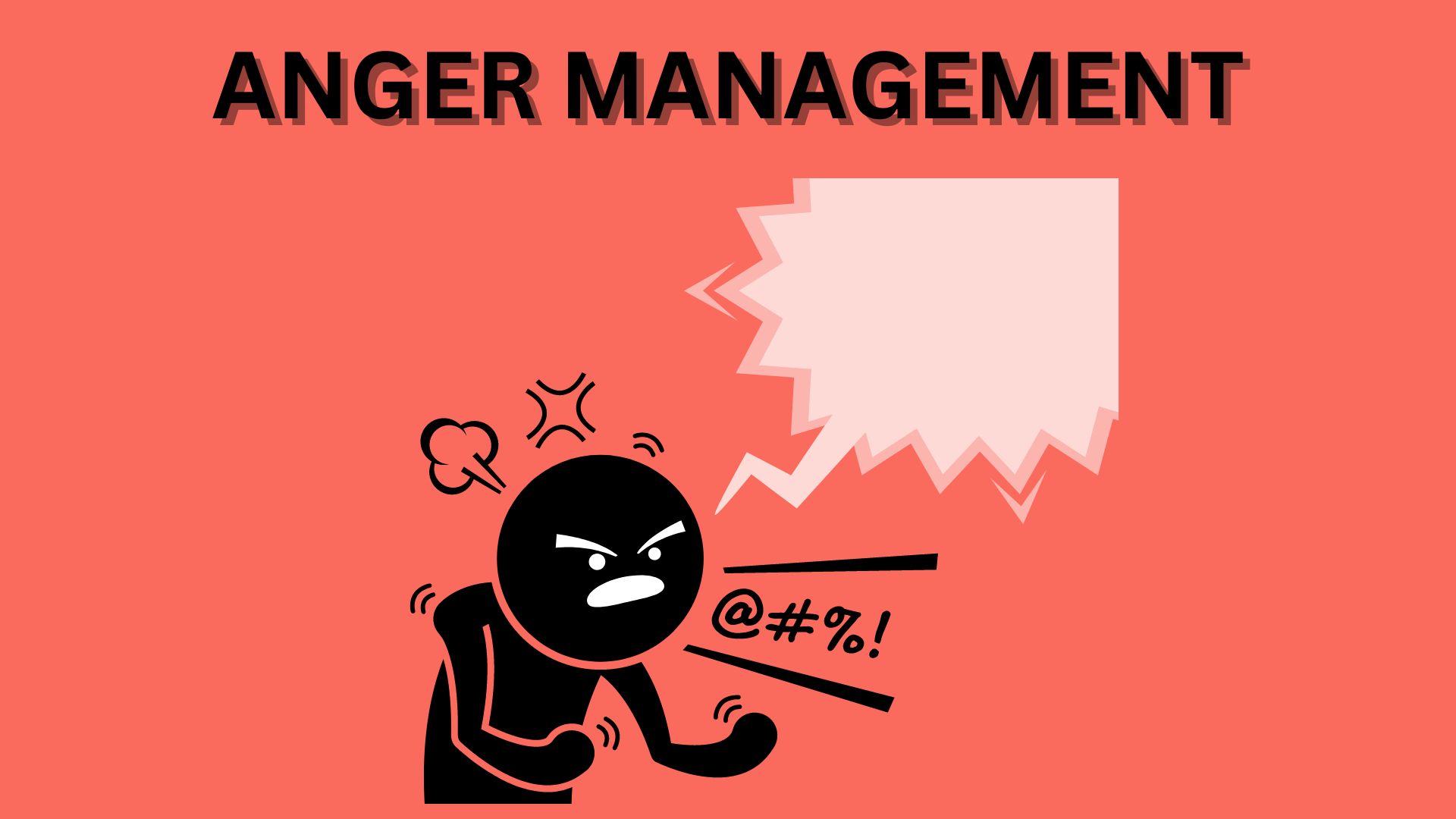Notice: Undefined index: titleWrapper in /home3/ujnozsmy/public_html/wp-content/plugins/seo-by-rank-math/includes/modules/schema/blocks/toc/class-block-toc.php on line 103
Table of Contents
Introduction
Anger is a natural feeling that everyone feels on sometimes. However, if it is not managed in a healthy way, it can have destructive consequences. Anger management is a process of learning how to control your anger and express it in a healthy way. There are many different ways to manage anger, and what works for one person may not work for another. Some common anger management techniques include:
- Identify your triggers: The first step is to identify what triggers you. This may take some time and introspection. Once you’ve identified your triggers, you may begin to devise ways for coping with them.
- Take a time out: If you feel yourself getting angry, take a few minutes to calm down before you say or do anything so that you don’t have to regret on what you said or did . Walking is a great way to get some exercise and fresh air, both of which can help to reduce stress. If you can, try to walk in a natural setting, such as a park or forest..
- Use relaxation techniques: There are many different relaxation techniques that can help you calm down when you’re feeling angry. Some common techniques are ….
- Deep breathing: This is a simple but effective technique that can help to calm the mind and body. Close your eyes and sit in a comfortable posture to practise deep breathing. Fill your lungs with air by slowly inhaling through your nose. Hold your breath for a few seconds before exhaling gently through your lips. Repeat this for 5-10 minutes.
- Meditation: Meditation is a practice that involves focusing the mind on a single point, such as the breath or a mantra. Meditation can help to reduce stress, improve focus, and increase relaxation. There are several styles of meditation, so you may pick one that suits you.
- Yoga: Yoga is a mind-body discipline that incorporates physical postures, breathing exercises, and meditation. Yoga can aid in the improvement of flexibility, strength, and balance. It can also assist to relieve stress, enhance mood, and increase energy.
- Change your thinking: The way you think about things can have a big impact on how you feel. If you tend to think in negative terms, you’re more likely to get angry. Try to focus on the positive aspects of your life and challenge your negative thoughts.
- Communicate effectively: If you’re feeling angry, it’s important to communicate your feelings in a clear and assertive way. Don’t bottle up your anger, or you’re more likely to explode later.
- Seek professional help: If you’re struggling to manage your anger on your own, consider seeking professional help. A therapist can teach you coping skills and help you develop a plan for managing your anger.
Anger management is a lifelong process. It takes time and effort to learn how to control your anger in a healthy way. However, if you are prepared to put in the time and effort, it can be a really gratifying experience.
Some additional tips for anger management:
- Get enough sleep. When you’re well-rested, you’re better able to manage your emotions.
- Eat a healthy diet. Eating unhealthy foods can make you feel irritable and more likely to get angry.
- Exercise regularly. Exercise is an excellent approach to alleviate stress and boost your mood.
- Avoid alcohol and drugs. Anger can be exacerbated by alcohol and drugs.
- Spend time with positive people. Surrounding yourself with positive people can help you stay calm and relaxed.
- Learn to forgive. Holding on to anger and resentment can only hurt you in the long run. Learn to forgive the people who have wronged you, and you’ll be one step closer to managing your anger.
Few more things in another way:
- Remove yourself from the situation. If you can, take a few minutes to walk away and cool down.
- Count to ten. This simple technique can help you to slow down your breathing and your heart rate.
- Take some deep breaths. Inhale slowly and deeply with your nose, then exhale slowly and thoroughly through your mouth.
- Visualize a calming scene. Picture yourself in a quiet environment, such as a beach or a forest.
- Talk to someone you trust. Sometimes talking about what’s making you angry can help you to calm down.
- Practice relaxation techniques. There are many different relaxation techniques that can help to reduce stress and anger. Some common treatments include yoga, meditation, and progressive muscle relaxation.
मुक्तसङ्गोऽनहंवादी धृत्युत्साहसमन्वितः।
सिद्ध्योसिद्ध्योर्निर्विकारः कर्ता सात्त्विक उच्यते
prapt hi paryapt hai




Pingback: Life Lessons - Disha Hospital Management System